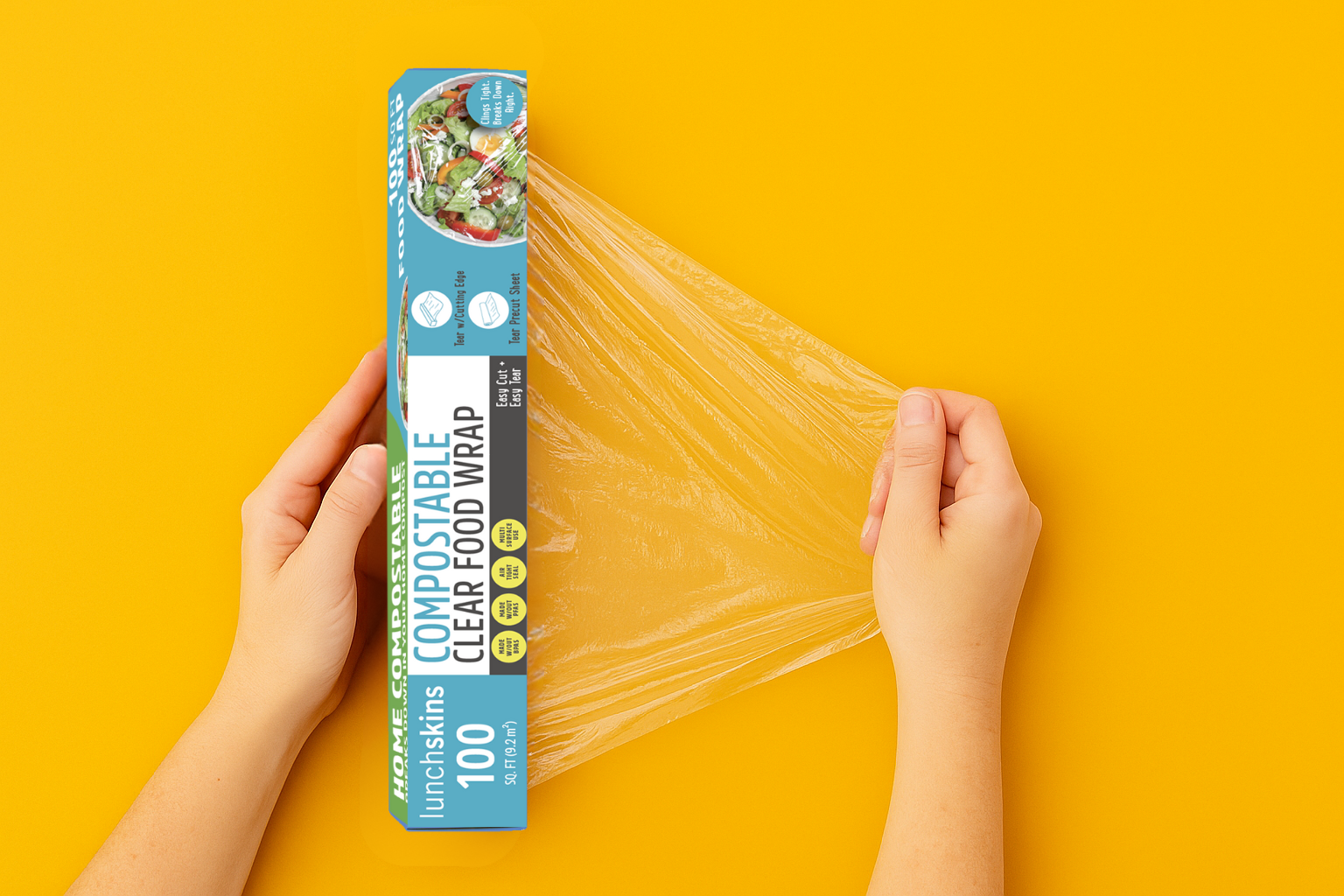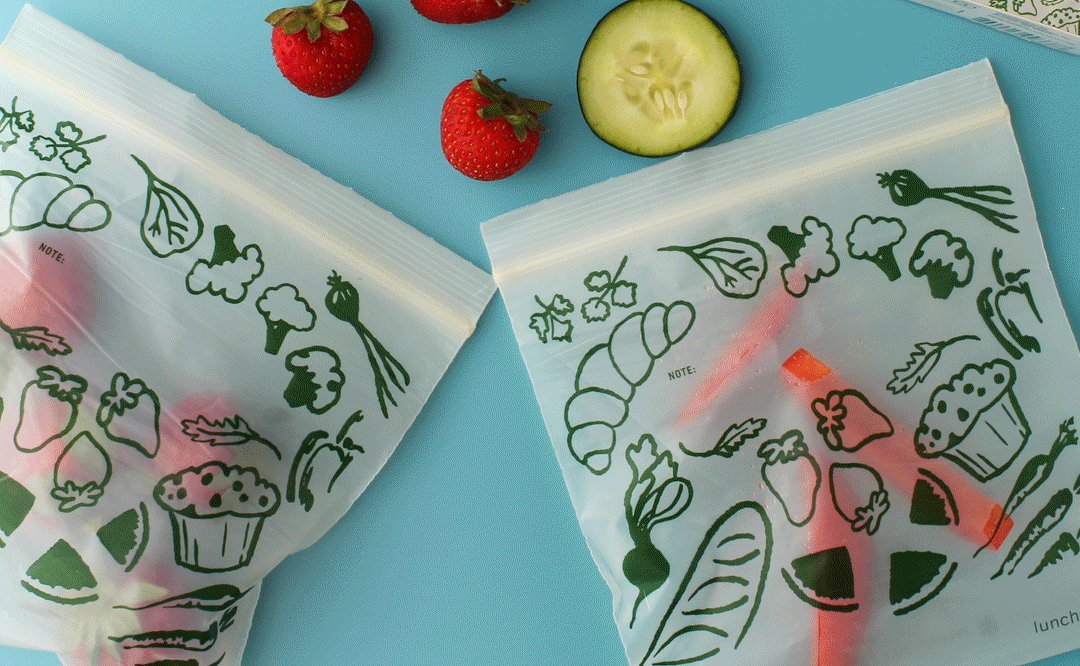15% OFF ALL ORDERS + FREE Shipping Orders $10+
Your bag(0)
Your cart is empty
Continue Shopping🌱 Home Compostable 🔁 Resealable 🥶 Freezer-Safe 🔐 Airtight
Search
-
FOOD STORAGE
- SHOP ALL
- FOOD WRAP
- ZIPTOP RESEALABLE
- LUNCH SACS
- BUY IN BULK
- EXPLORE
Store locator
-
Heading
Add address
-
Heading
Add address
-
Heading
Add address
Example product title
$19.99 USD
Size
Color
Quantity



